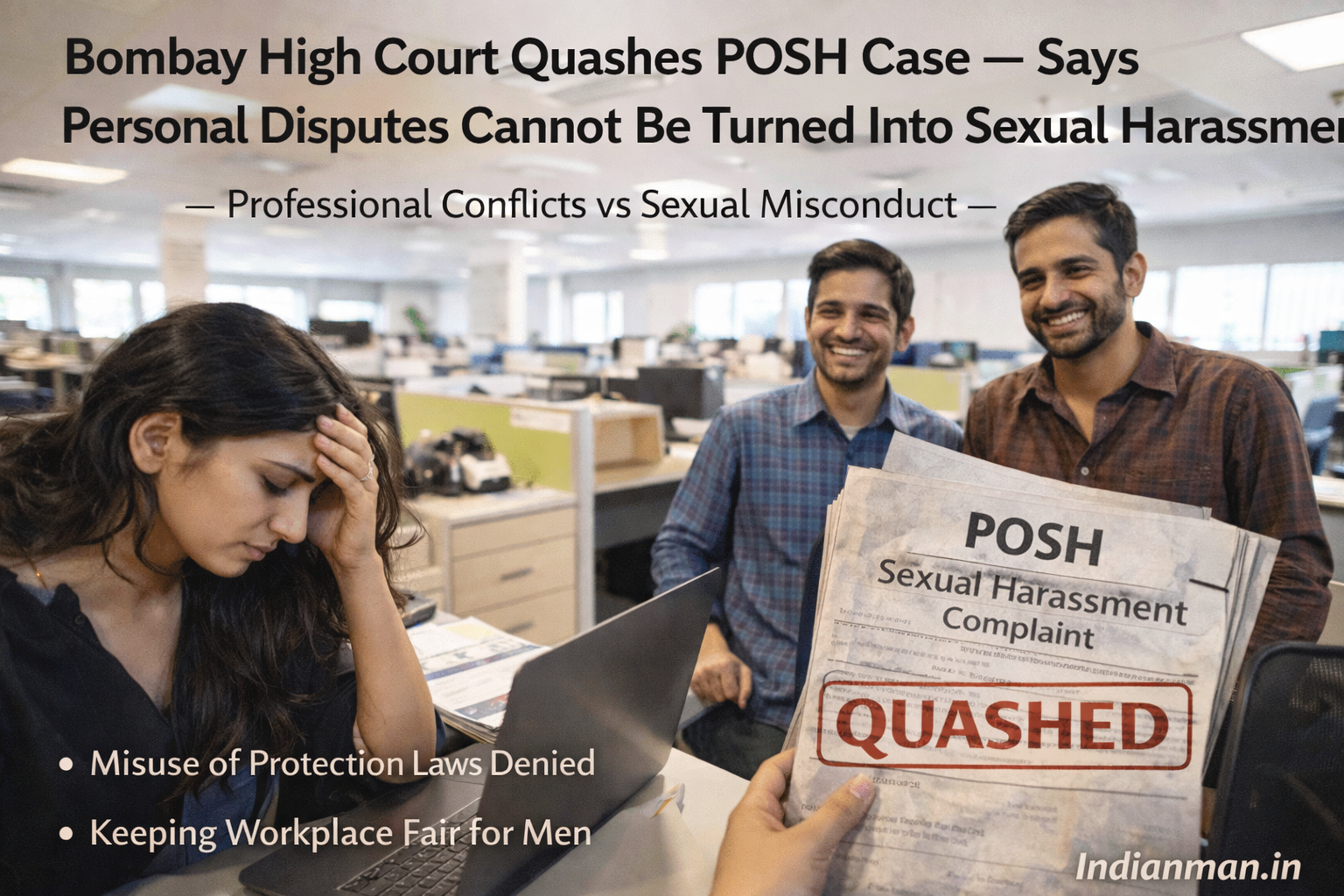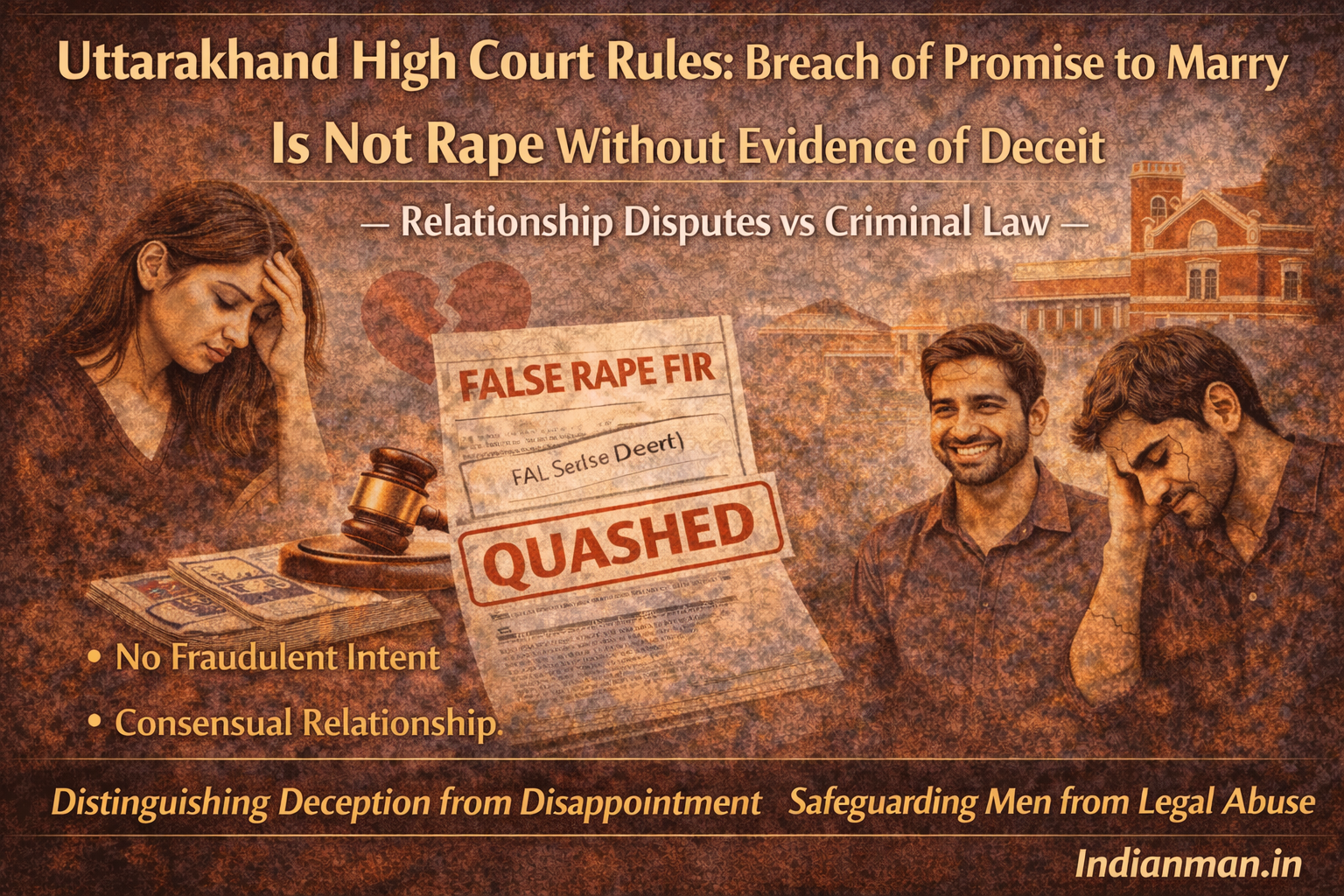Calling Women ‘Sweety’ or ‘Baby’ Is Not Always Sexual Harassment: Calcutta HC
The Calcutta High Court has ruled that using terms like ‘baby’ and ‘sweety’ is not always sexual harassment, as such expressions are commonly used in some social circles without any sexual intent. The court also warned against reverse bias against men accused in harassment cases.
Court’s Observation
Justice Sabyasachi Bhattacharyya, while delivering the judgment, stated that the petitioner never accused the respondent of peeping into her room or staring at her in a compromising situation. The court noted that such actions, if they had occurred in living quarters with CCTV coverage and other people around, would not have gone unnoticed.
The judge explained that “staring” can have different meanings and does not always amount to sexual harassment under the Sexual Harassment of Women at Workplace (Prevention, Prohibition and Redressal) Act, 2013. The Internal Complaints Committee (ICC) had already found that the use of endearing terms was inappropriate but did not necessarily indicate sexual intent. Furthermore, after the petitioner expressed her discomfort, the respondent did not repeat such terms.
Warning Against Reverse Bias
The court highlighted the risk of reverse bias in sexual harassment cases. It stated that while the law rightly protects women from workplace harassment, excessive misuse of legal provisions could create more challenges for women in professional spaces. The court emphasized that a fair and unbiased approach is necessary to prevent false allegations that could harm innocent individuals.
Background of the Case
The petitioner, a former Deputy Commandant in the Coast Guard, had accused her Commanding Officer of sexual harassment. She claimed that he used to stare at her and called her “baby” and “sweety” inappropriately. The ICC dismissed her complaint after reviewing the evidence. However, she challenged the decision in court.
The court examined the petitioner’s past conduct and found multiple allegations against her from colleagues, including insubordination and misbehavior with senior officers. The court noted that the petitioner had a history of psychological issues and suggested that her complaint might have been an attempt to avoid disciplinary action.
Final Verdict
After reviewing the evidence, the Calcutta High Court upheld the ICC’s decision, absolving the respondent of all sexual harassment allegations. The court reiterated that not every interaction between a male and female colleague should be viewed through a lens of sexual misconduct, emphasizing the need for fair judgment in such cases.
Cause Title: XXX v. Gender Sensitization and Internal Complaint Committee & Ors.
Be a part our social media community:
Facebook: https://www.facebook.com/IndianMan.in?mibextid=ZbWKwL
Instagram:
https://www.instagram.com/indianman.in?igsh=MWZ2N3N0ZmpwM3l3cw==




